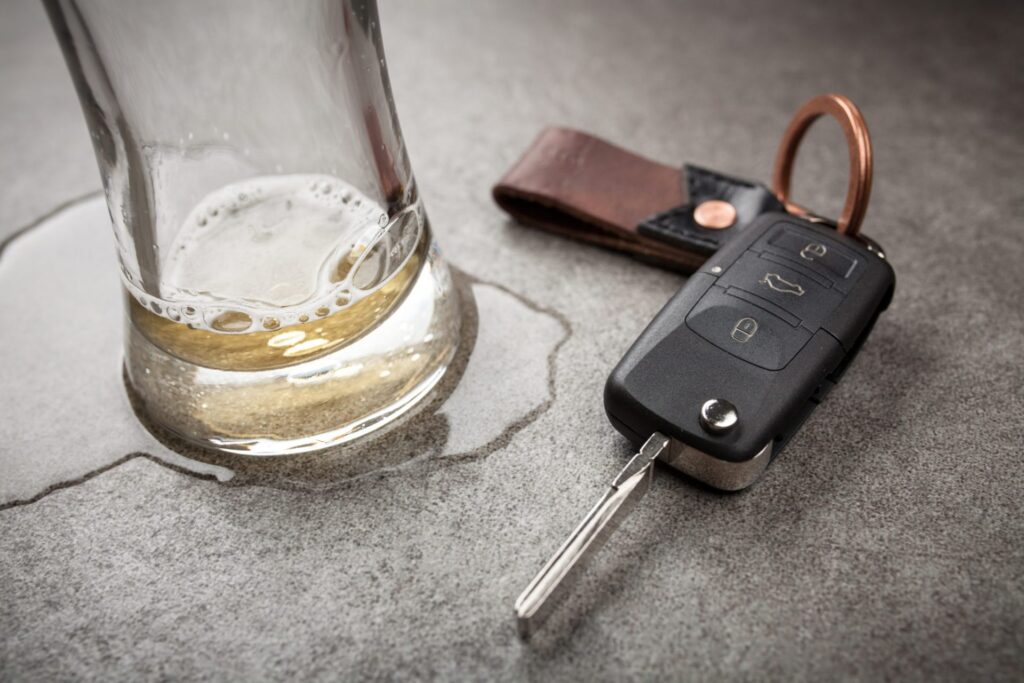The fiasco in Minnesota involving ignition interlock devices (IIDs) for people convicted for operating under the influence (OUI) took a strange turn recently that show how far some people are willing to go to punish even first-time offenders.
Minnesota’s Controversial IID Program
Like many states in the U.S., Minnesota allows some people who have been convicted for drunk driving to keep their driving rights if they install an IID in their vehicle. These devices require a breath sample that is devoid of alcohol before they let your car start.
Things got controversial when Minnesota’s Department of Public Safety (DPS) changed which IIDs could be used in the state. In order to provide real-time readings that could let them respond to violations quicker, the DPS required all the devices to have GPS capabilities in them. This effectively let them track the vehicles owned by people who’d been convicted for OUI.
As we mentioned back in December, this likely constituted a warrantless search that violated the Fourth Amendment’s prohibition against unreasonable searches and seizures. Since then, courts have stepped in and stopped the DPS from collecting any more GPS information.
Now, though, it has come to light that the GPS information that has already been collected is not classified, and is available to the public.
GPS Data Available to the Public
In a recent hearing about Minnesota’s IID program, Public Safety Commissioner Mona Dohman admitted that her department never even bothered trying to classify the GPS information they were receiving. Without it being labeled as classified, that information was a matter of public record. As a result, the vehicle location of the 10,000 people in the IID program could be obtained by literally anyone who files the appropriate paperwork for a public information request.
This lack of care for the rights of those who’ve been convicted for OUI puts them at risk of harm from stalkers, and impacts the lives of anyone they interact with. One of the critics of the DPS’ program, State Representative Marion O’Neill, often works with abused women and was terrified to find out that, if she had an IID device in her car, she would have exposed the very people she was trying to help.
Maine OUI-Defense Attorney William T. Bly
These developments out of Minnesota go to show how far some people are willing to take things in order to punish those who have been convicted of drunk driving. While we can all agree that driving while under the influence is not safe, and that it causes a significant number of car accidents, that does not mean that we should strip people of their rights to prevent it from happening.
William T. Bly represents those who have been charged for OUI in court. By fighting for your rights and interests against the criminal charges against you, Mr. Bly can do everything possible to help you avoid the costly penalties of an OUI conviction. Contact him online or at (207) 571-8146.


